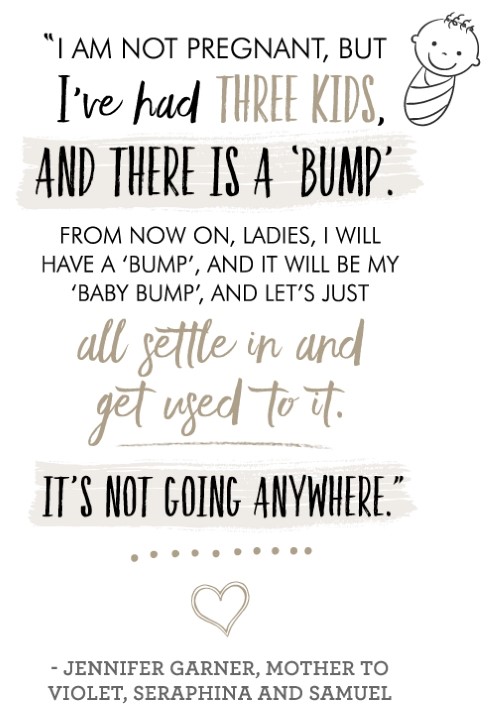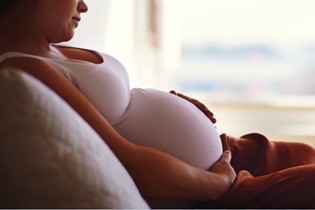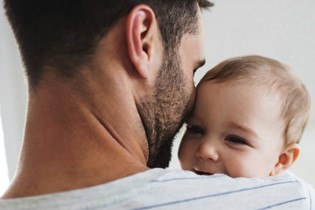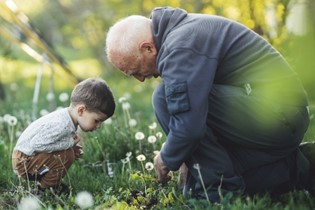Sex FAQs: our expert answers THOSE questions

OHbaby! Sexpert Jo Robertson gives some honest answers to Frequently Asked Questions about intimacy during pregnancy and post-delivery.

I’m pregnant and seem to want sex all the time – is that normal?
Yes, lots of women find their sex drive increases dramatically in their second trimester. The wave of first-trimester nausea and fatigue has passed (hopefully) and you have a new lease on life. Your breasts may become more sensitive, you have increased vaginal lubrication, and boosted blood flow means a super-sensitive clitoris. All great things – enjoy them before third trimester discomforts creep in.
|
Will sex hurt the baby? |

What positions should I use with a big bump?
Every pregnancy is different but most women are fairly uncomfortable by their third trimester. Rule number one is don’t strain your body any more than it already is. Having intercourse should still be comfortable, but if it’s not, focus on foreplay. If intercourse still feels okay, the positions that are most comfortable are spoon sex, you on top, or you lying back on the edge of the bed with your partner in front of you.
|
Will sex bring on labour? |

Will my vagina look the same after delivery?
Your vagina is the internal cavity that baby will come out through during delivery. Your vulva is all the external parts, including your labia minora, labia majora (lips) and clitoral hood. Most people aren’t worried about their actual vagina, they’re asking this question in reference to their vulva (all the external bits). Three different vaginal delivery scenarios could affect your vulva’s appearance:
☙ You have a natural vaginal birth with no tearing or episiotomy. In this case your vulva could be completely normal.
☙ You have a natural vaginal birth but you might find your labia minora a bit more distended than previously, or your vagina cavity slightly widened (but usually not by much).
☙ You have a perineal tear or an episiotomy. In this case you’ll end up with a small scar through your perineum (between your vagina and anus). The scar may be visible, and if sex is uncomfortable, I recommend stretching and massaging the scar tissue with your fingers each day in the shower to help it feel normal again.
|
How does breastfeeding change my body? |
What if I don’t want to have sex any more?
That’s okay, it’s quite normal. It can be really hard to admit that the desire you once felt is gone. Here’s the thing – your body has gone through an enormous delivery process, you’re completely exhausted and your baby needs you nearly 24 hours a day. You’re also probably not getting date nights with your partner any more. The first year of a baby’s life can be really hard work, so let’s not add any more guilt on top of that. Let’s reframe what intimacy looks like. Intimacy is about connection, friendship and ‘melting moments’, not about penetration.
After my first two babies, my husband and I didn’t have intercourse for months. I had a lot of healing to do after a rather traumatic first birth, and I had a Caesarean for our second. But that doesn’t mean we weren’t intimate. We ‘fooled around’, had lots of fun in the shower and made sure we stayed on the same page the whole time. Then when we did have intercourse, we took it slow and made sure it was pleasurable, rather than something we were ‘getting done’ once a week. Trying to have a date night, and drinking wine together at home (while not allowing yourselves to talk about poo consistency) are both great things to change the mood of the relationship. The goal should always be intimacy over intercourse.

|
What might my partner’s expectations be during pregnancy and after birth? |
What should I do for contraception?
Breastfeeding is a very unreliable means of contraception. Your period will likely stop for a number of months post-delivery, depending on how long you breastfeed for. However, you don’t know when you will ovulate before that first period. Some people get their period back after six weeks, others after 18 months. Unless you’re totally comfortable with a small gap between your children, then don’t risk it.
Go to familyplanning.org.nz to read up on postpartum contraception options. My one recommendation is to consider what age gaps you want between your children before deciding on a contraception method. A hormonal ingredient in a contraceptive pill can alter your cycles and require some recovery time before getting pregnant again. If you want a small gap, then condoms are probably best.
|
What else can we do to make sex better? |
How soon after birth can we have sex?
Antenatal classes often suggest waiting six weeks for the green light to resume intercourse. I think this is unhelpful because it doesn’t allow for all the different birth scenarios or experiences of the mother. I recommend getting checked by your GP or LMC at six weeks to see if your vagina or C-section wound is all healed. After this I recommend starting slow, beginning with one-finger penetration, then two, then shallow penis penetration, leading up to full intercourse when you feel ready. Remove the pressure. If we try to force our body into something it’s not ready for, we create negative associations with the experience of sex. You don’t want to attach concepts of discomfort or pain to sex. Also, always use lots of lubricant (preferably something natural like Sylk, from chemists). If you notice you’re drier than before, that’s completely normal because of breastfeeding.
Jo Robertson is mother to three young boys and a trained counsellor completing a Masters in science with a sex therapy focus.

AS FEATURED IN ISSUE 42 OF OHbaby! MAGAZINE. CHECK OUT OTHER ARTICLES IN THIS ISSUE BELOW

















